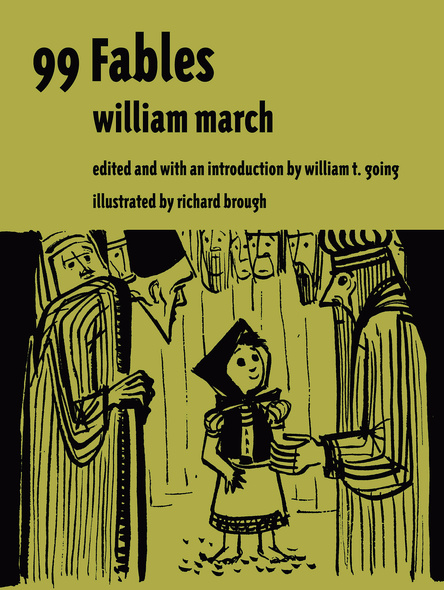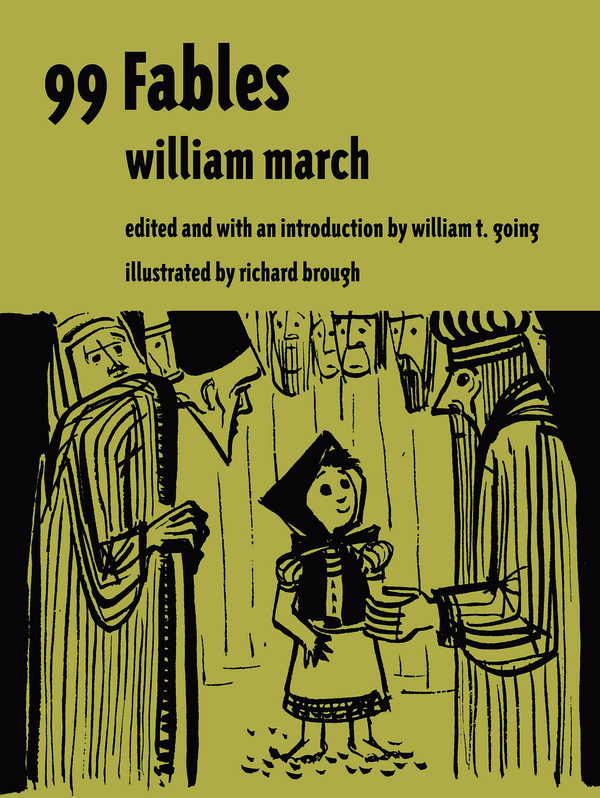Superb stories, meaningful themes, and powerful effects
At the time of his death, the longest manuscript still in William March's possession was a collection of fables, which he had completed for the first time in 1938. While Company K, The Tallons, The Bad Seed, and all the rest were in progress, March culled and rewrote, polished and revised these fables, always finding them “too good to destroy,” yet never finding them a good venture for a commercial publisher. Now, posthumously, the collection appears in this book, and readers can enjoy the fabulous world of William March.
This is not to imply that it is a “pretty world.” The fables themselves are an immediate delight, and everyone will find many favorites among the 99. But in the end, March's view of the world is a hard one, and the morals, however charmingly expressed are bitter enough to rival the themes of his novels.
At the time of his death, the longest manuscript still in William March's possession was a collection of fables, which he had completed for the first time in 1938. While Company K, The Tallons, The Bad Seed, and all the rest were in progress, March culled and rewrote, polished and revised these fables, always finding them “too good to destroy,” yet never finding them a good venture for a commercial publisher. Now, posthumously, the collection appears in this book, and readers can enjoy the fabulous world of William March.
This is not to imply that it is a “pretty world.” The fables themselves are an immediate delight, and everyone will find many favorites among the 99. But in the end, March's view of the world is a hard one, and the morals, however charmingly expressed are bitter enough to rival the themes of his novels.
William March (September 18, 1893–May 15, 1954) was an American author and a highly decorated US Marine.






